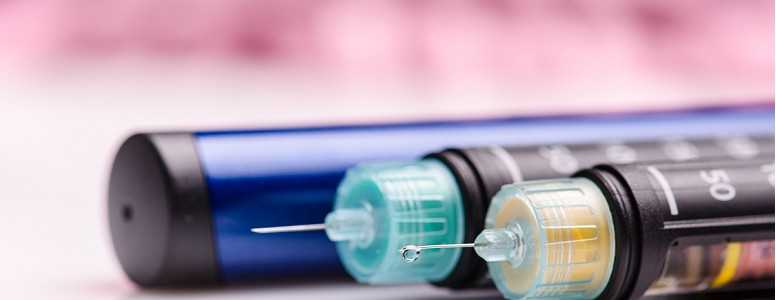A high-resolution reference map of pancreatic cells will be created to help scientists better understand the development of type 1 diabetes.
A $3.3 million grant has been awarded to University of California School of Medicine to carry out the project aiming to solve the mystery of why and how people develop the condition.
It is hoped the results will potentially lead to new methods and therapies to prevent, treat or possibly cure type 1 diabetes, although, even if successful, it would likely be many years before any new therapies would be available.
The map will spot molecular changes in the pancreas which occur during the onset of type 1 diabetes, enabling the scientists to rebuild cell signalling networks to find out what is behind the of destruction of beta cells, which produce insulin.
Professor Maike Sander, from University of California San Diego School of Medicine, is the joint leading scientist on the study. He said: “A human cell atlas of type 1 diabetes would help us understand what is happening in the pancreas, allowing us to reconstruct cell signalling networks so that we can see what leads to destruction of insulin-producing cells.
“We have a good idea of how type 1 diabetes develops in mouse models. Mice have been cured many times, but there are substantial differences with human disease so we have to analyse human tissue.”
The grant has been issued by National Institute of Diabetes and Digestive and Kidney Diseases, which is part of the National Institutes of Health (NIH).
Cell samples from the Network for Pancreatic Organ Donors with Diabetes will be used and specialist epigenomic (DNA-related) technology will be harnessed to examine single cell-level tissue. Pioneering technology will also analyse the biobank tissue of people with type 1 diabetes, which will be needed to build the cell atlas
Alongside Professor Sander, who has expertise in islet biology and diabetes, the research team consists of relevant experts, including Dr Kyle Gaulto, who specialises in the genetics and genomics of diabetes. Professor Bing Re, who specialises in cellular and molecular medicine and directs the University of California San Diego Center for Epigenomics, is also part of the team.
Professor Ren said: “The goal is to fully understand which immune cells and other cell types populate the pancreas when beta cells are destroyed. By generating a comprehensive map of pancreatic cells using cutting-edge epigenomic technologies, we may reveal critical interactions leading to the onset of type 1 diabetes.”
What's new on the forum? ⭐️
Get our free newsletters
Stay up to date with the latest news, research and breakthroughs.




